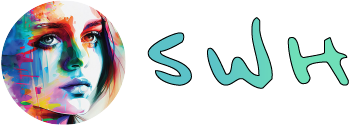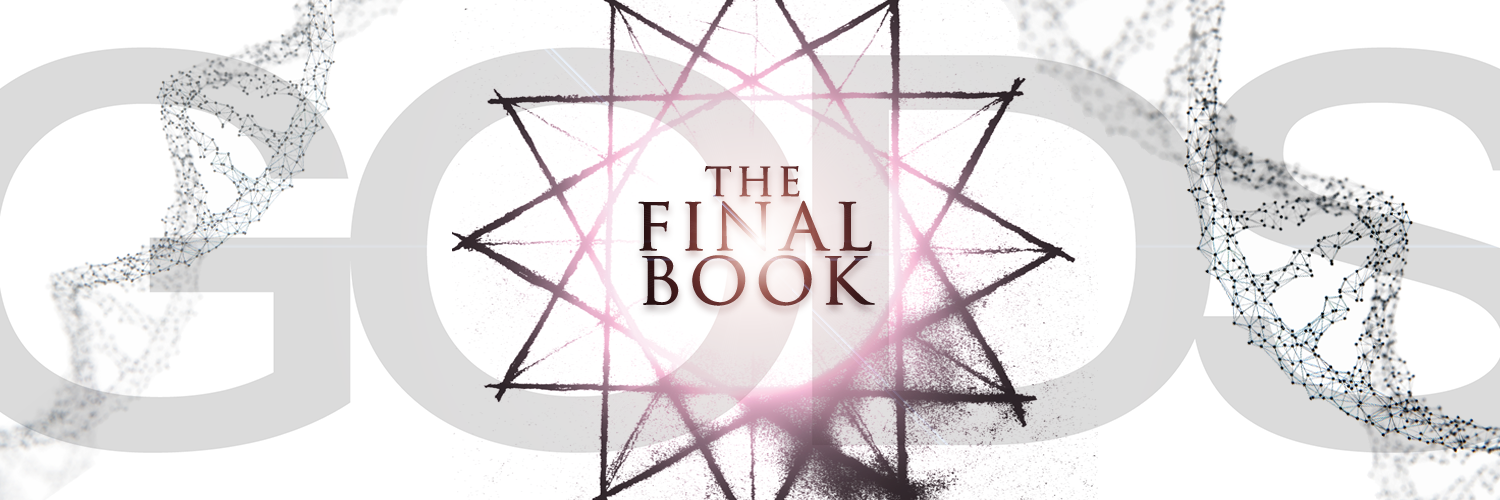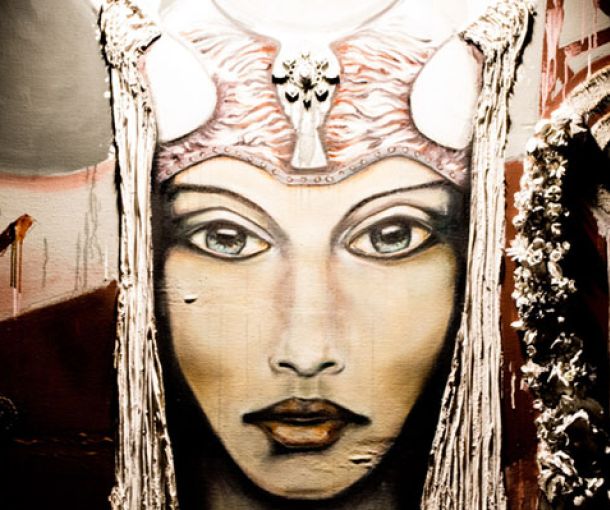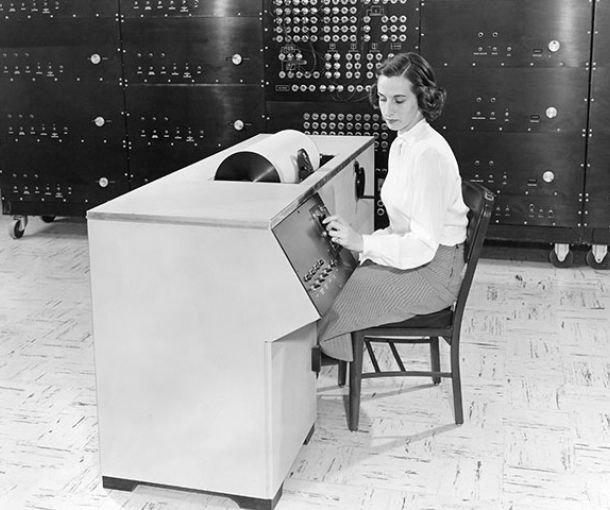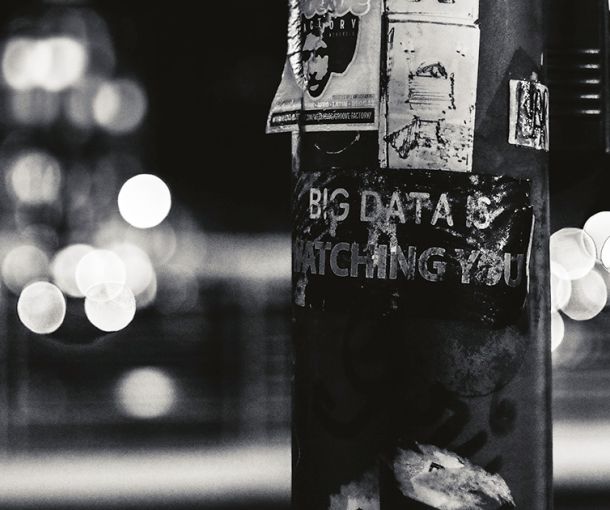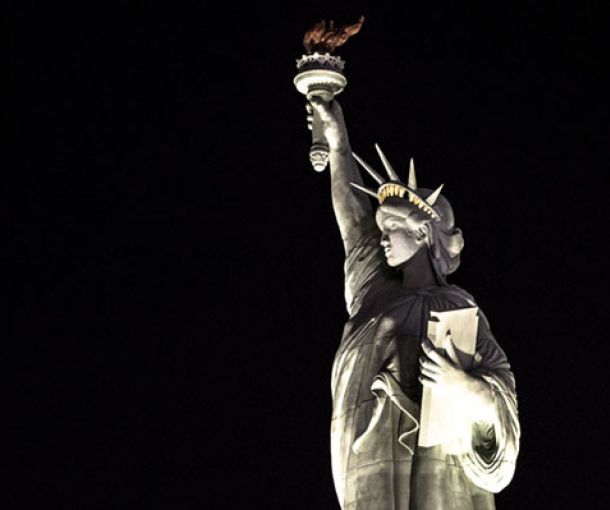Equality In Fiction
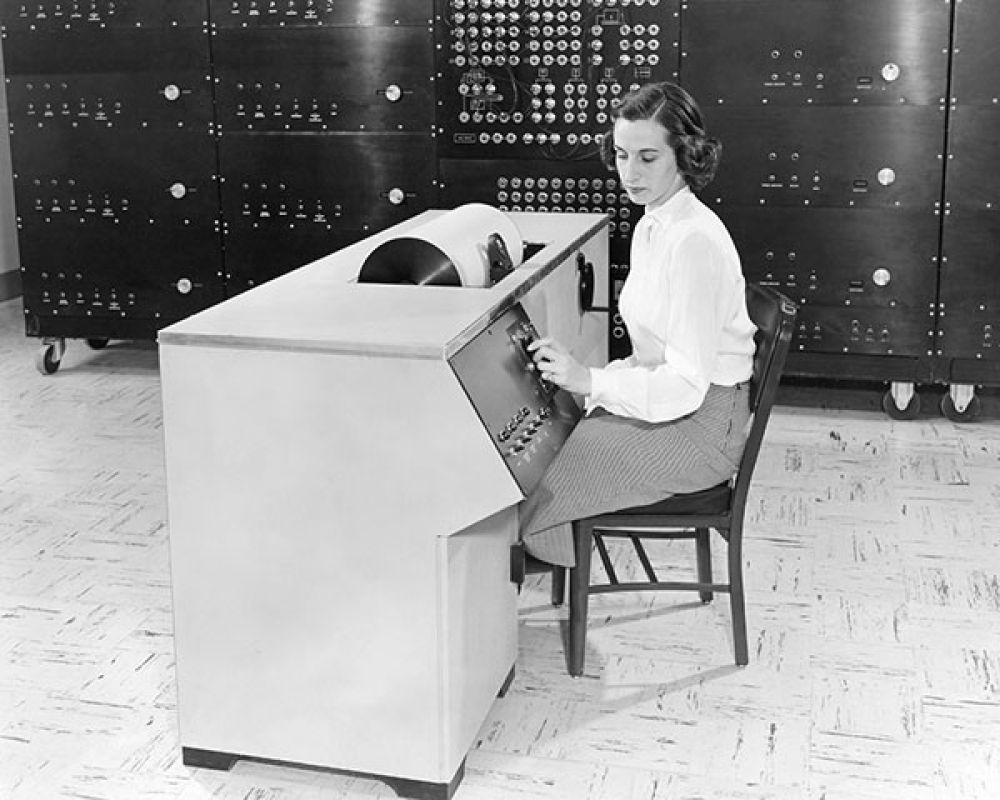
I attended a panel at Salt Lake Comic Con’s FanX15 that stuck with me and spurred a bit of deeper thought and reflection- Equality In Fiction. First off, props on that- I love when something inspires and pushes boundaries- socially, politically or personally. I love a variety of experience and perspective, I believe that leads to greater understanding of “us” and attributes meaning that allows for empathy.
Natalie Whipple, Cindy Grigg, Aaron Lee Yeager, and Mette Ivie Harrison were bid with the difficult task of paneling the topic. Using the word “difficult” is an understatement due to the inherent complexity of the subject matter. For one, it’s completely opinion and perspective based which opens oneself up to considerable vulnerability. To speak freely and honesty on anything as controversial as race, gender, sexuality, theology, disability, creed, origin- any identifiable trait that makes us unique to the masses is potential career suicide given our hyper-sensitivity as a culture to these issues… Which, in itself, is not equality. No one is going to solve the issue in a 50 minute panel at Comic Con, so to consciously open yourself up to the criticism and put yourself in a situation where one mis-spoken word or unconventional idea can have significant consequences is commendable.
With that said, I didn’t agree with a lot of what I heard. Not that I didn’t feel that what they were saying was valid or had merit, but I felt like I was in an HR sensitivity class or idealistic nerd-driven after school special. It was more theoretical and utopia driven rather than what’s really going on in the world and how we (they), as content creators, can be successful when approaching the subject in our work and push pop culture in a direction of change. Rather the panel made me feel, as a white middle class male, unable to write or talk about anything other than sports or action movies- things that are stereotypically “my” domain. It was a sad statement, but I completely understood Aaron Lee Yeager’s trepidation when he admitted that he only feels comfortable when he writes other worldly science fiction because he can then hide behind a make-believe universe shielding himself from any stigmas that could be held against him.
My problem with Aaron’s approach is that he’s still pulling from and commentating on the human condition, only he’s using metaphors. Instead of having a black character, he just makes up a new species in “his” universe to represent that demographic. I haven’t read Aaron’s work yet and deep rooted social issues might not be appropriate for a lighthearted YA sci-fi novel, but cut the tom foolery and let’s just be honest with one another. Equality to me doesn’t mean equal representation but rather the freedom to speak equally.
I suppose that’s easy for me to say seeing as my white male voice has traditionally been heard louder than most. I didn’t realize it at first, maybe due to my over-confident predisposition from seeing the world from a singular, uncontrollable, straight white male point of view, but I was the minority among these attendees. Most listeners were female, varied ethnicities, and there was a strong LGTB turnout. Naively, I showed up because I thought it sounded like an interesting topic and I wanted to better myself- become more well rounded hopefully adding depth to my personality and writing. Maybe to double check myself and make sure that when I talk about such issues, I handle it responsibly and with sensitivity. Everyone else seemed to have a much different agenda or vested interest, and I suppose looking outside of myself, rightfully so.
There’a a very divided approach to how people view creative content, especially how content creators manipulate and justify the success or failure of certain projects. From listening to this panel, it seemed that minority writers often felt that they were overlooked or passed on because of the qualities that applied to them personally and not necessarily because of the quality of their work. I’m not in a complete bubble and I’m sure that can be true. Without picking up the phone, I know that Deseret Book would have zero interest in publishing me even if I were the next Charles Dickens. However, that judgement would be based on my words and ideology, rather than the way I was born.
However, coming from the position of being in a sea of particularly uninteresting white males, there’s also an opportunity that comes with being different- the built-in audience some writers have simply for being who they are. A senior citizen lesbian writing a romance novel that deals with marriage rights fills a specific niche that will peak readers interest within that demographic simply based on who she is and the struggles she’s faced rather than the actual brilliance of her work. A young latino teenager crossing the boarder with his family and establishing a life illegally here in the US will also appeal to a particular group of people who would be more apt to read his words simply due to who he is, regardless if he is a superb writer. These creators have the potential to become voices of a population that may lack authentic variety, especially if their demographic is looking for material that is intimately relatable.
Where I see society having a significant shortcoming regarding minority creators is when they step outside of their perceived genre and create works that are nondenominational. Fans feel slighted because their demographic wasn’t represented in this particular work, leading to a backlash. Other consumers or media labels the work “written by that disabled author” and masses pass on it simply because of who she is, which is irrelevant to the content or merit of the work. That to me is one of the gravest forms of creative inequality- being limited to a genre simply based on who you are, as if your words have no meaning or merit regarding any other topic.
I don’t begrudge someone for using their personal life as a platform to create awareness. I don’t mind someone using their culture or personal beliefs to tell a story, in fact I encourage it. However, I do begrudge someone for exploiting their own stereotype for personal gain but not allowing anyone else the same freedom. While I can research the shit out of what it’s like to be a middle aged Korean woman, I will never be a middle aged Korean woman. Does that mean that I should never have her as a character because I can never accurately represent that experience? I’m not allowed to tell a Native American story because me being white would dishonor their heritage and culture? Simply, are some stories not mine to tell?
I don’t believe so- while research, consideration, and respect should be given when creating, no one should be excluded from a conversation simply because of the way they were born. Referencing a culture or demographic outside of your own or raising a social issue through stereotypes does not mean the author speaks on behalf of that group of people, or is even trying to. Stereotypes are not inherently belittling, they’re just oversimplified and easily identifiable descriptions given to much richer topics and subjects. Stereotypes become negative when people use them as polarizing absolutes and consideration isn’t given to any additional qualities or exceptions. Diversity is just life and we’re allowed to notice and comment on the things we observe.
It comes down to intent. I know I’m brushing broadly but If no offense is meant, no offense should be taken. Simple as that. However, the subjectivity of taste and tolerance for what is offensive is impossible to gauge. Ignorance on an issue or group of people, unless it’s just outright hate-speech, is usually the crux of most diversity problems and irritations. When speaking honestly, thoughts constructed around educated opinions and with an open mind able to change perspective, no topic should be off limits. When coming from a place of honesty and then being told that you don’t have the right or social approval to talk about something due your predisposition, immediately disregard that statement as irrational and sectarian. Anyone who tries to silence or oppress a voice is a perpetuator of inequality, regardless of what side of the fence they stand on.
If you want revenge for being oppressed, vindictive because your voice has been silenced by a majority unwilling to hear your point of view- go ahead and lead the charge but don’t confuse your cause with equality. While your motives may be justified and may even be equal in the sense of an eye for an eye, it is not the fundamental truth that equality represents. Treating the symptom may make you feel better in the moment, but taking from someone to give to someone else does not solve equality- whether we’re speaking about money, resources, reach, or voice. Curing inequality happens long before the offense is made by improving issues of privilege, favoritism, bias, circumstance and ignorance.
As content creators, I believe that there are no limits to our free speech but I also feel that we have a level of social responsibility. Being mindful of how we present people and topics and doing it in a way that is honest to our story can be a commercial challenge. As a content creator, you should use your platform as an opportunity to enrich our zeitgeist and mold our pop culture in a way that can collectively push society in a new and evolved direction. You are the tastemakers and trendsetters, your stories either contribute to or degrade our social maturity and intelligence. The more accurately you represent diversity and confront inequality within your work, the more inspired and enlightened the masses become. By you taking a stand and addressing the issue, you inherently force the consumer to consider your position.
As a creator, no matter what your personal affiliations or background may be, you have a talent that makes it’s easy for you to be apart of the solution.
